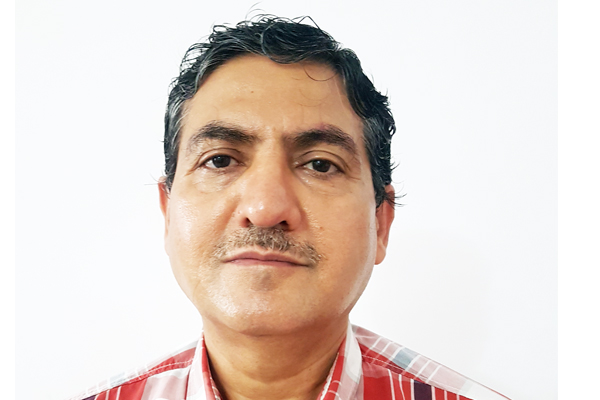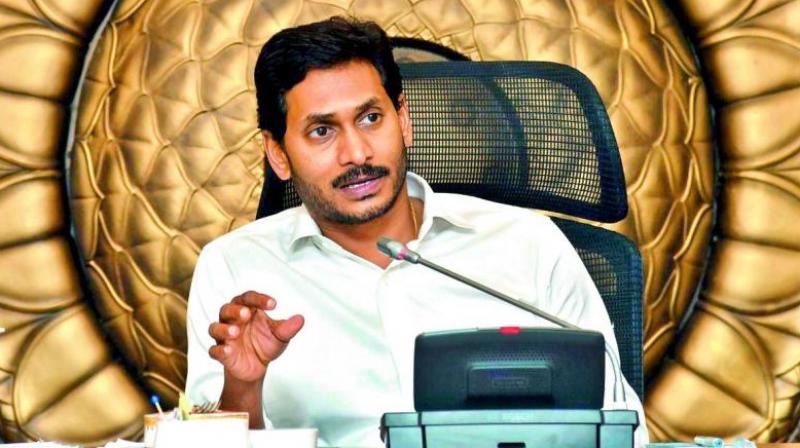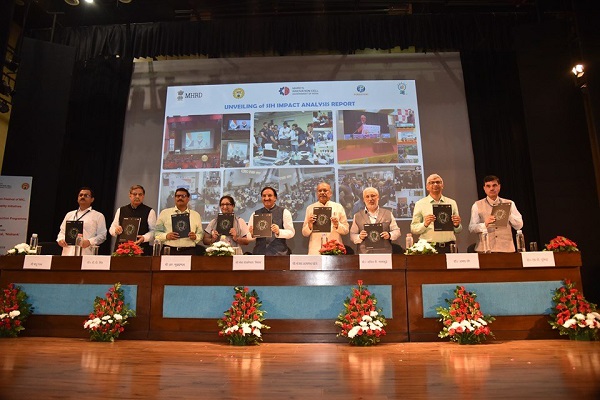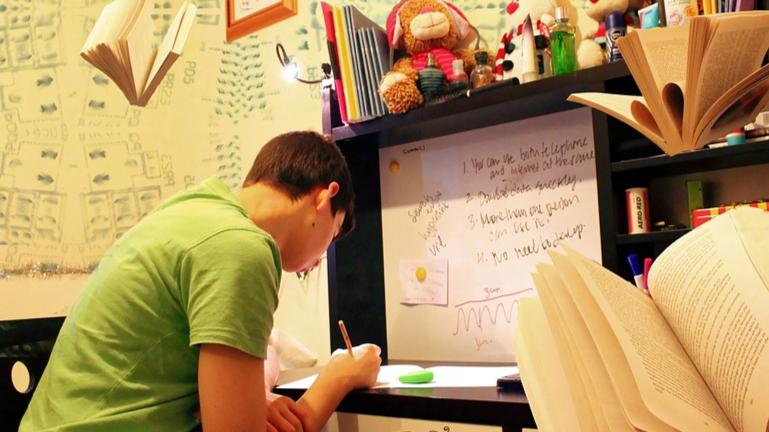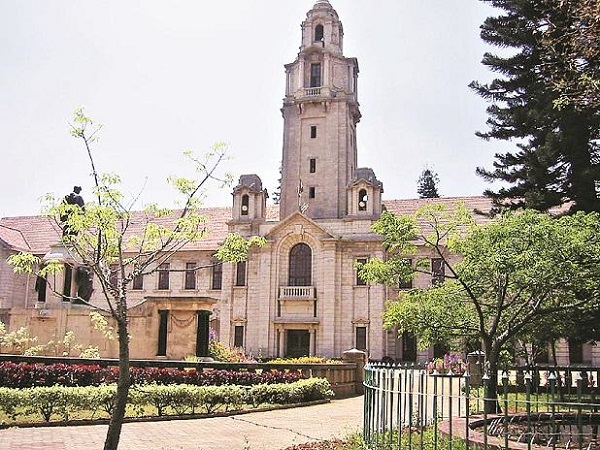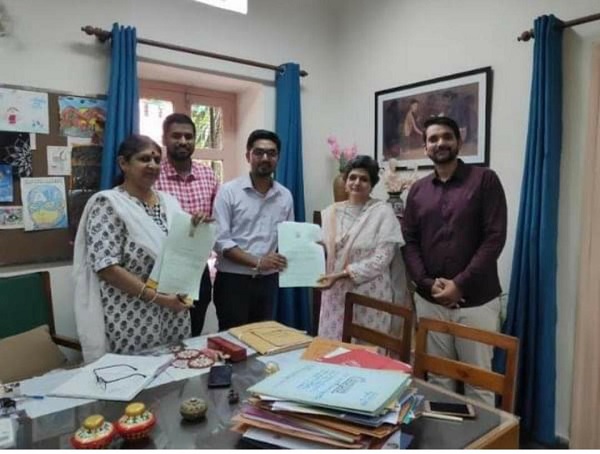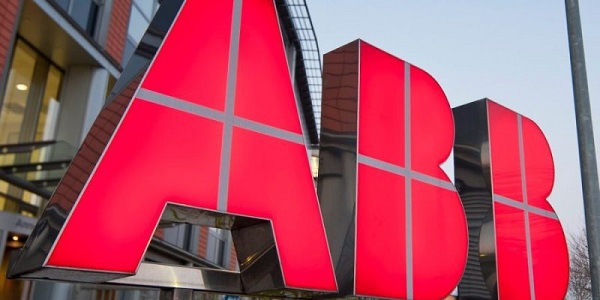The prestigious CBSE Awards for Teachers-2019 was held in Delhi on Thursday. Union HRD Minister Ramesh Pokhriyal ‘Nishank’ felicitated the awardees of which only one teacher Vandana Sen from Nagpur’s BVM Ashti was awarded from the state of Maharashtra.
In a statement released by CBSE, the minister thanked the “dedicated teacher community in nation-building through teaching.”
“These awards are a symbol of your hard work,” Pokhriyal said. He emphasized them to promote a positive environment with values and quality that meet the present and future needs of the students.
He also launched CBSE’s portal ‘Vidyadan’ on Diksha App, a Digital Infrastructure for Knowledge Sharing’s (National Forum for Teachers) and released the CBSE’s annual activity calendar.
Pokhriyal also released 10 CBSE manuals on varied subjects such as experiential learning, art integration, learning of maths, enjoyable teaching, school quality assessment and assurance, and new initiatives, artificial intelligence, 10+2 post-academic courses, eco-club, water conservation and hubs of learning.
Sanjay Dhotre, MP from Akola, who is also MoS for HRD Ministry, was present at the ceremony as guest of honor. “Since every student is different and unique, education should be according to the individual needs and nature of each student so that children become courageous, confident human beings with strong character and may be able to build their bright future,” Dhotre added.








